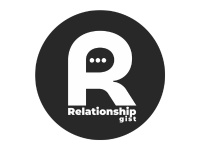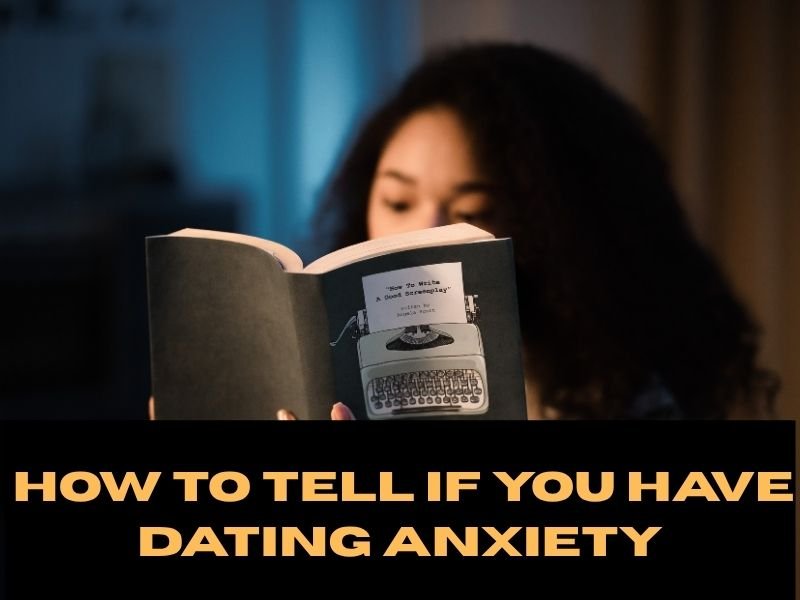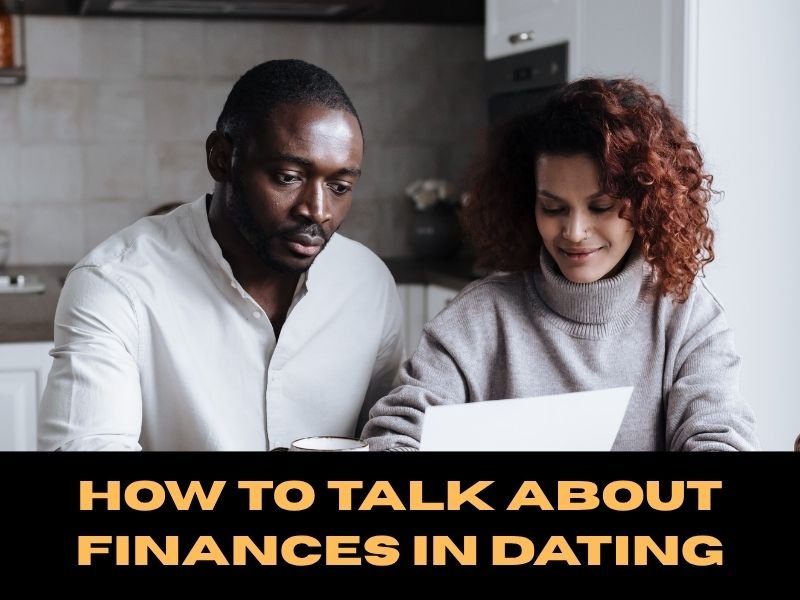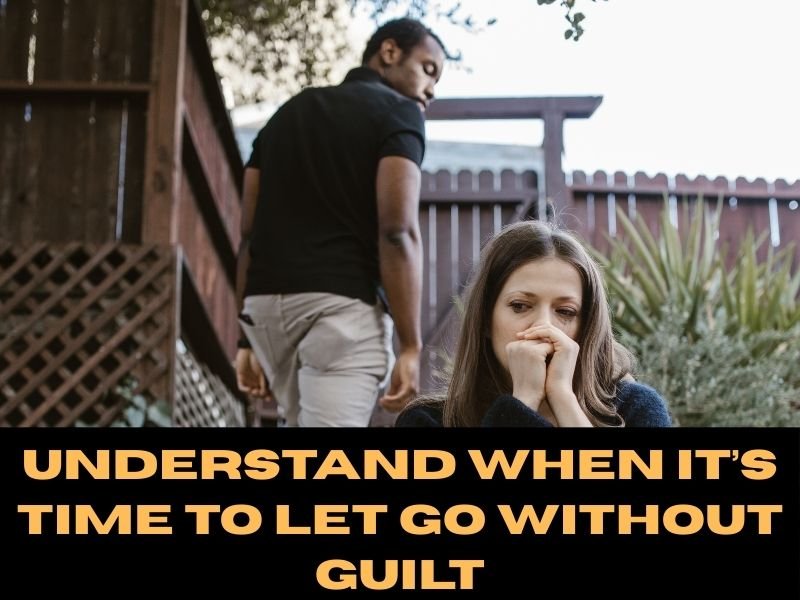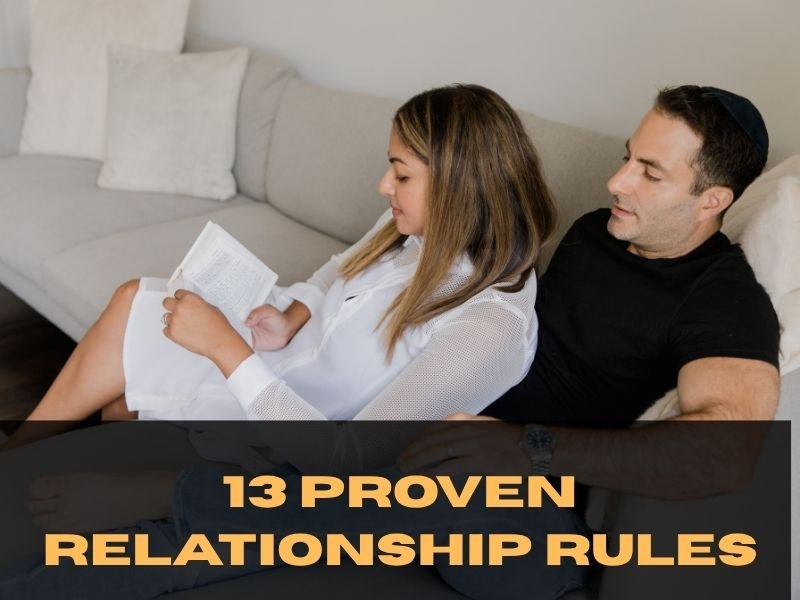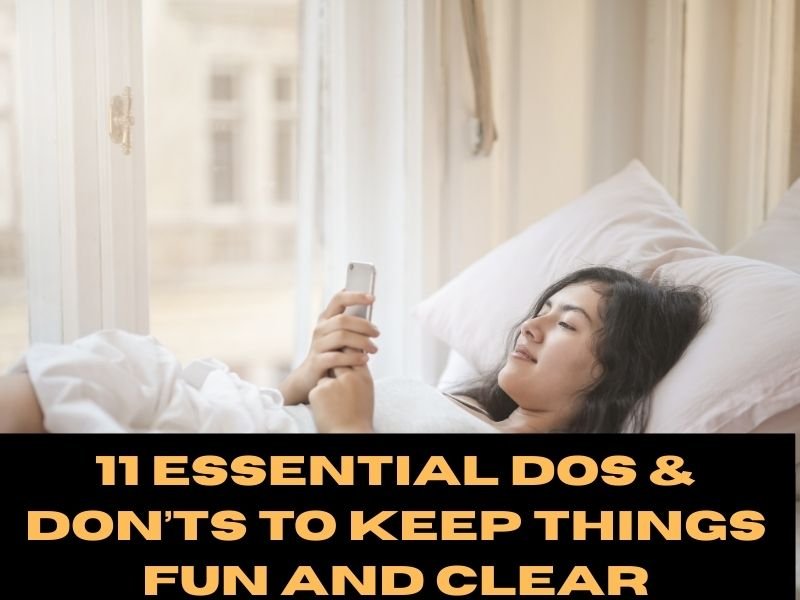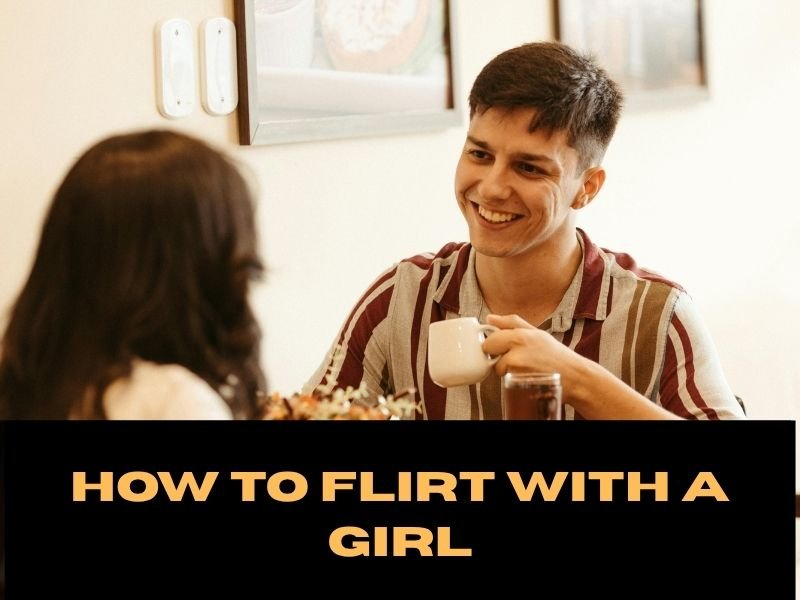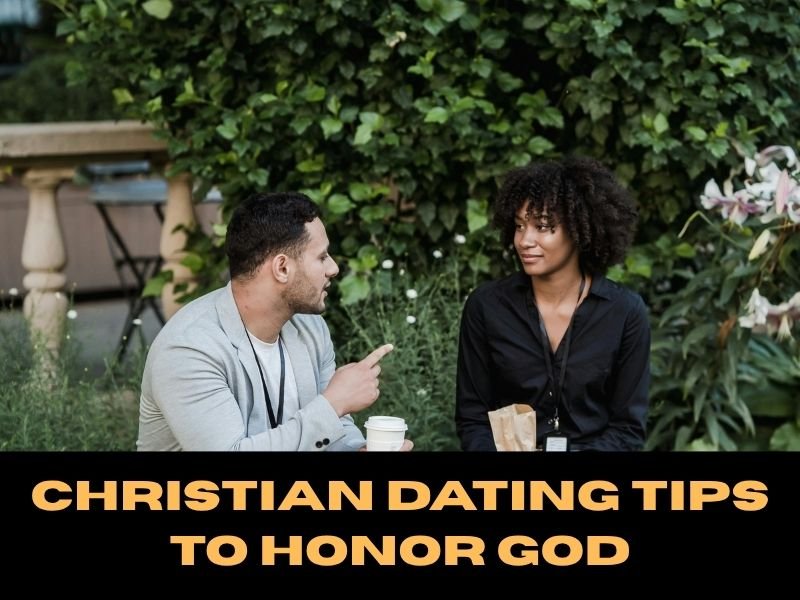How to Tell If You Have Dating Anxiety at first isn’t always as obvious as it sounds. For many, the nerves before a first date feel normal, like butterflies fluttering just beneath your chest. But for others, it’s a full-blown storm of dread, self-doubt, and panic that can begin days before the actual date. If this sounds familiar, you are not alone.
Ella, for example, is a 29-year-old nurse from London. She hadn’t dated in over a year, but after matching with someone on a popular dating app, she finally agreed to coffee. The night before, she couldn’t sleep. Her chest tightened, her stomach turned, so she had to mentally rehearse everything that could go wrong, down to accidentally spilling coffee or forgetting his name. By morning, she canceled the date with a vague excuse. “It wasn’t fear of the guy,” she later admitted when asked that, “it was fear of dating itself.”
In both the U.S. and, U.K. and all over the world, this experience is becoming increasingly common. While dating apps have made connections more accessible, they have also introduced new pressures. Many individuals, like Ella, find themselves paralyzed not by a lack of options, but by overwhelming anxiety tied to dating itself. The goal of this article is to help you identify whether what you are experiencing is dating anxiety, and if so, how to manage or deal with it with clarity and confidence.
What Is Dating Anxiety, And How Is It Different From Normal Nerves?
Dating anxiety is more than just feeling nervous before a date; it’s a form of social anxiety that’s specifically triggered by romantic interactions. While it’s completely natural to feel a little tense or awkward before meeting someone new, dating anxiety manifests as persistent worry, avoidance behaviors, and physical symptoms like nausea, rapid heartbeat, and even panic attacks.
The key difference between the two lies in intensity and interference. Normal nerves might make you feel jittery but still excited. Dating anxiety, on the other hand, can cause you to cancel plans last minute, overanalyze every word you say or wish to say, or avoid dating altogether. It may also involve catastrophizing, expecting the worst outcome from even the simplest interaction. In both the U.S. and the U.K., therapists are seeing a rising number of clients whose dating lives are controlled by fear rather than excitement.
Signs That You Are Experiencing Dating Anxiety
Recognizing the signs of dating anxiety is the first step toward managing and dealing with it. These symptoms often appear in both emotional and physical forms and may intensify as a date approaches or after one has taken place. You might feel intense self-doubt, worry excessively about how you are perceived, or replay every moment of your date over and over in your head. Physically, it might manifest as a racing heart, stomach discomfort, or trouble sleeping before a date.
Behaviorally, you might find yourself procrastinating when it comes to responding to messages, canceling dates even when you are interested, or choosing to stay single simply to avoid the anxiety. Some individuals may use humor to mask their discomfort or steer conversations away from topics that are too personal. If you are familiar with these patterns, especially if they interfere with your ability to form or maintain romantic relationships, then chances are that dating anxiety is likely at play.
What Causes Dating Anxiety?
Dating anxiety stems from a combination of psychological, social, and personal factors. For many people in the U.S. and U.K., early life experiences shape their approach to dating. Growing up in environments where emotions were suppressed, love was conditional, or criticism was frequent will leave a person feeling unworthy of connection. These emotional imprints can evolve into deep-rooted fears about being vulnerable or rejected in adulthood.
Modern dating culture also plays a significant role. The pressure to impress, the uncertainty of online interactions, and the fear of being “ghosted” can all fuel anxiety. Social media amplifies comparisons, unrealistic expectations, making people feel like they are always falling short. To add to that, there are also rising rates of general anxiety disorders and trauma from past relationships, and it’s no surprise that many find the dating scene overwhelming. Ranging from the fear of being judged, past emotional wounds, or just the pressure to be perfect, the triggers for dating anxiety are often both internal and external, which makes it very challenging.
How to Manage and Overcome Dating Anxiety
Overcoming dating anxiety doesn’t happen overnight, but small, intentional steps can create meaningful change. It starts with a change in attitude, by grounding yourself in self-awareness, identifying the specific thoughts, scenarios, or beliefs that heighten your anxiety. Journaling, meditating, praying, or speaking with a trusted friend can help you recognize patterns and begin to challenge them. For instance, instead of thinking, “He probably won’t like me,” try reframing it as, “I’ll see if we connect, and that’s okay either way.” This change in attitude can be empowering.
Building confidence is equally essential. Practicing self-care, dressing in a way that makes you feel good and not to impress, and preparing some casual conversation topics beforehand can reduce pre-date jitters. Also, rather than aiming for perfection, aim for presence, focus on listening, having fun, and being honest about who you are. It will help you to view dating as an experiment rather than a test, and that each date is an opportunity to learn more about yourself and others, and not a verdict on your worth.
When to Seek Professional Help
If the situation persists and constantly interferes with your ability to connect or enjoy the experience, you may need to seek professional support. If it constantly leads to panic attacks, avoidance of relationships, or patterns of self-sabotage, it’s a sign that deeper emotional wounds could be at play—such as social anxiety disorder, past trauma, or attachment issues. These challenges can be difficult to resolve on your own, especially when they stem from long-standing thought patterns or early life experiences.
Therapists, counselors, religious leaders, or anxiety coaches can help you unpack these emotional layers and develop practical coping strategies. Cognitive Behavioral Therapy (CBT), for example, is a proven method that helps individuals reframe negative thoughts and build healthier behaviors. Working with a professional not only reduces the intensity of anxiety over time but also fosters growth, confidence, and clarity in your dating life. There’s no shame in seeking help; it may be the most courageous and loving step you take for yourself.
Real Life Stories From People Who’ve Faced Dating Anxiety
Sometimes the most powerful reassurance comes from knowing you are not alone. Many people have quietly battled dating anxiety, learning to manage it one step at a time. Take Rachel, a 29-year-old nurse from the UK, who used to cancel dates last minute because the thought of sitting across from someone new made her nauseous. Through journaling and weekly therapy, she gradually started saying “yes” more often, to herself and the possibility of connection. Now, she’s in a healthy, open relationship and says her biggest breakthrough was realizing she didn’t need to be perfect, just honest.
Or consider Marcus, a 34-year-old freelance designer from Chicago, who developed social anxiety after a rough breakup. He’d avoid dating apps entirely, convinced he had nothing valuable to offer. After joining a local book club just to ease back into social settings, Marcus met someone organically. He says it wasn’t the big romantic gestures that helped; it was simply learning to stay present and talk openly about his nerves. Their relationship now thrives on transparency, humor, and mutual understanding.
Asha, a 31-year-old from Los Angeles, said she had battled intense dating anxiety for five solid years, which caused her to avoid relationships out of fear of rejection. Seeking solace, she turned to her local Pastor, who listened with compassion and reminded her that vulnerability is a natural part of human connection. With his encouragement, Asha embraced daily prayer, journaling, and faith-based counseling, which gradually helped her feel more confident and grounded. Eventually, she went on a date without spiraling into panic, a proof that with spiritual support and self-belief, healing and connection are possible.
Conclusion
Dating anxiety doesn’t mean you are broken; it means you are human. Ad so, in a world filled with curated profiles and high expectations, it’s natural to feel uncertain, nervous, or even scared. But that doesn’t mean you are unworthy of love or incapable of forming deep connections. Recognizing your anxiety is a powerful first step. From there, you can learn to manage it, change your attitude, reframe your mindset, and engage with others from a place of authenticity rather than fear. You deserve a love connection, even with anxiety.
Whether you are going on your first date in years or just exploring what love might look like for you, remember: your anxiety doesn’t define your story, your courage does. You deserve to be seen, to be heard, and to be loved exactly as you are. Take it one step at a time, and don’t be afraid to reach out for support when needed. Your path to love doesn’t always have to be perfect. It just needs to be yours.
